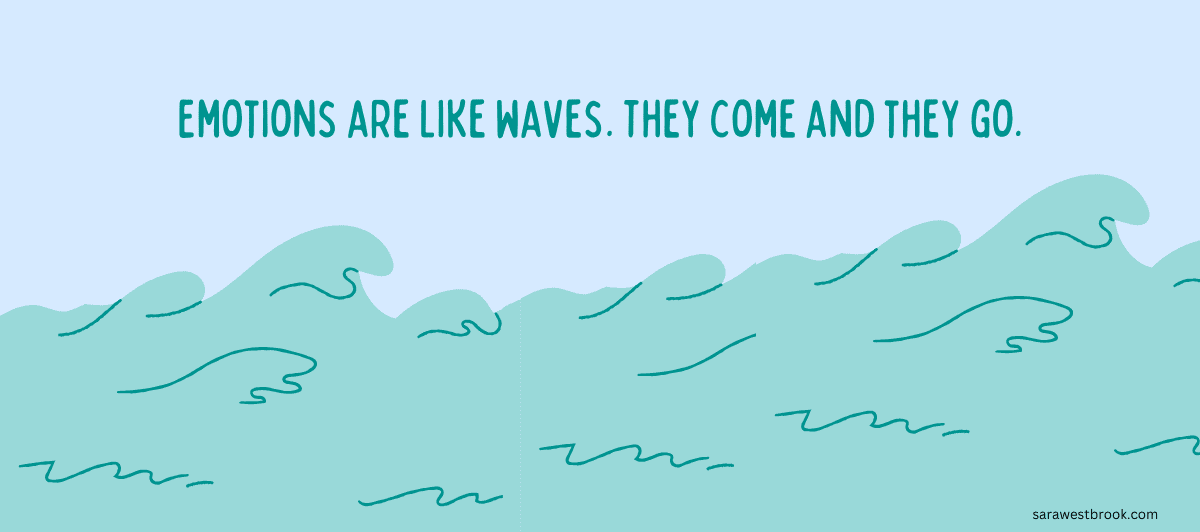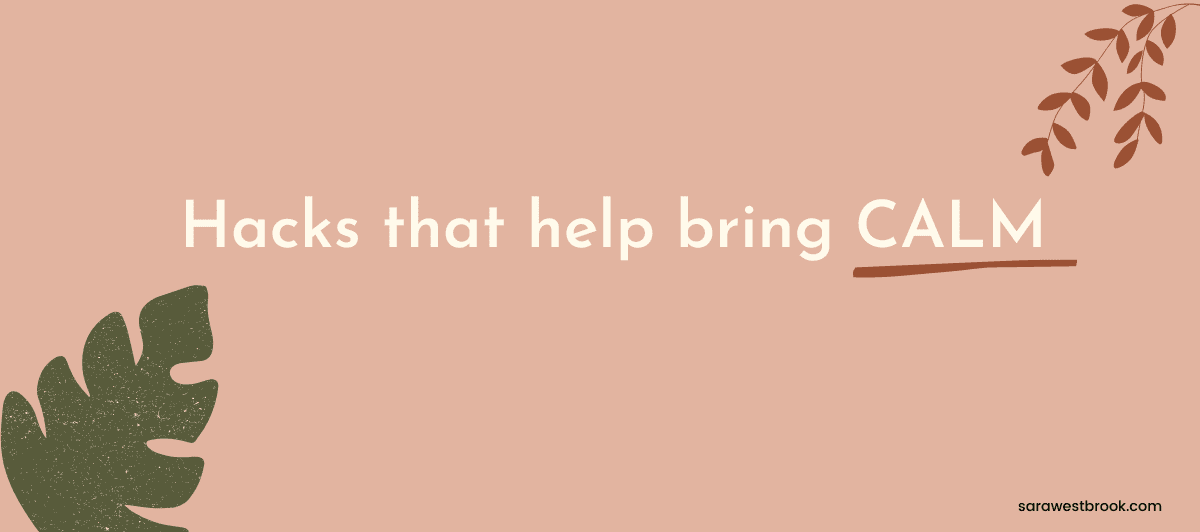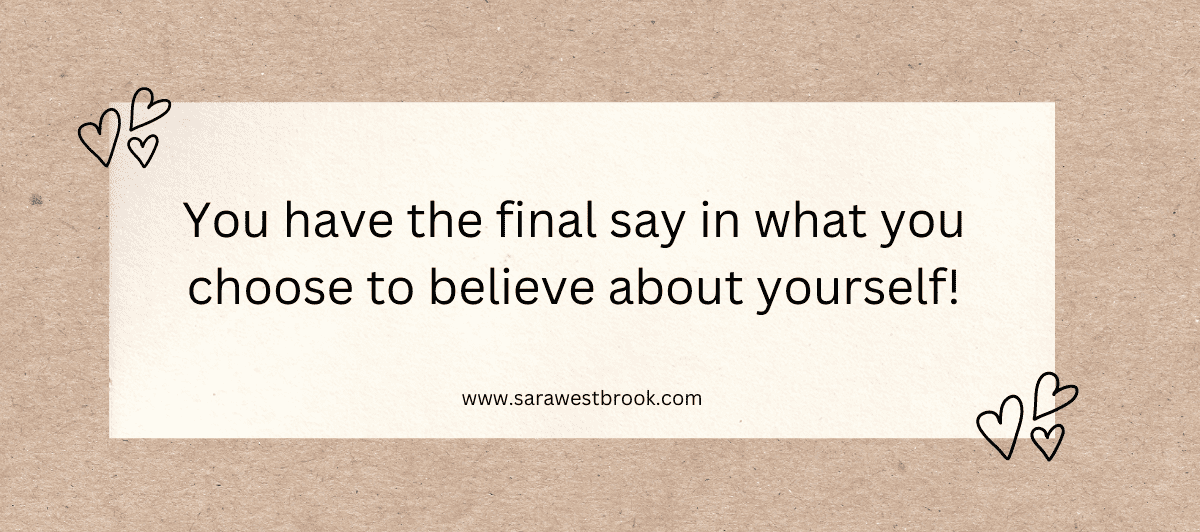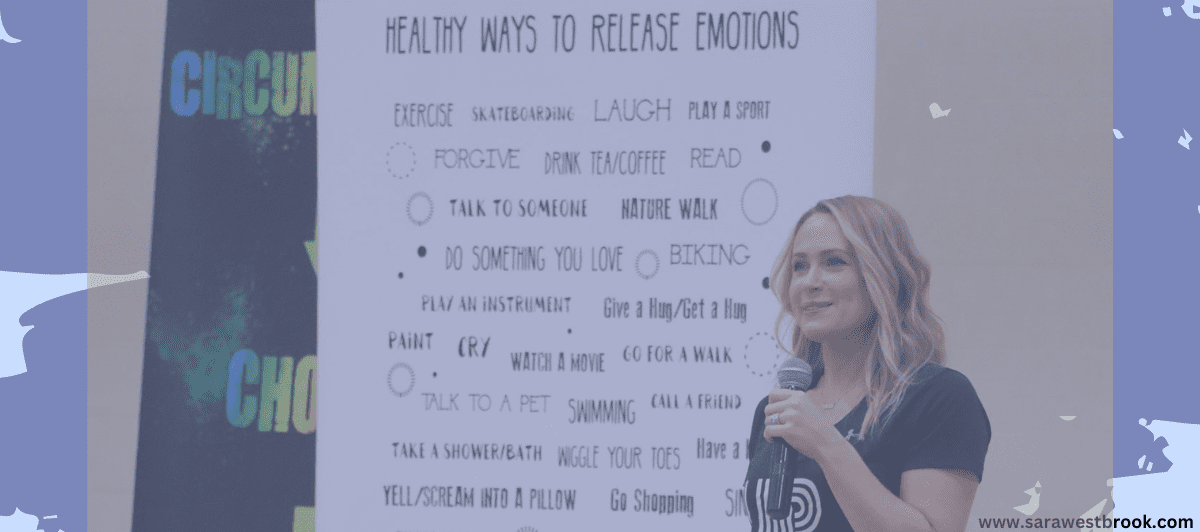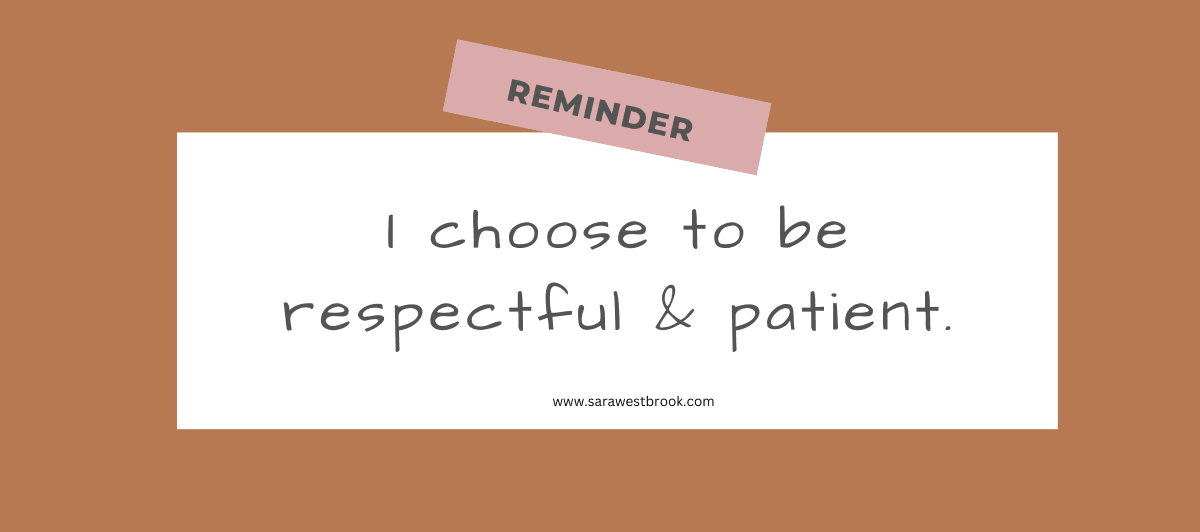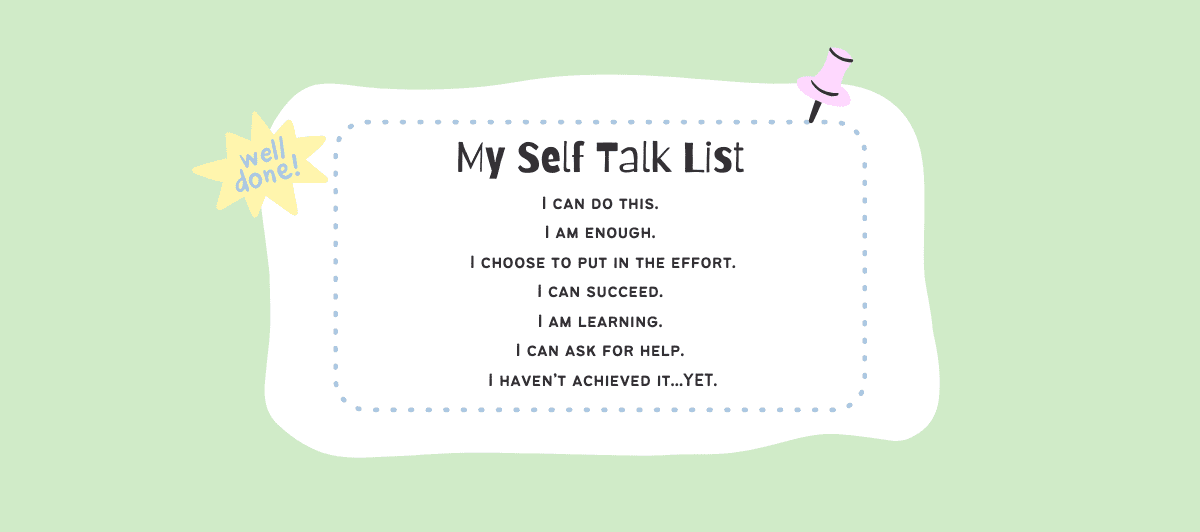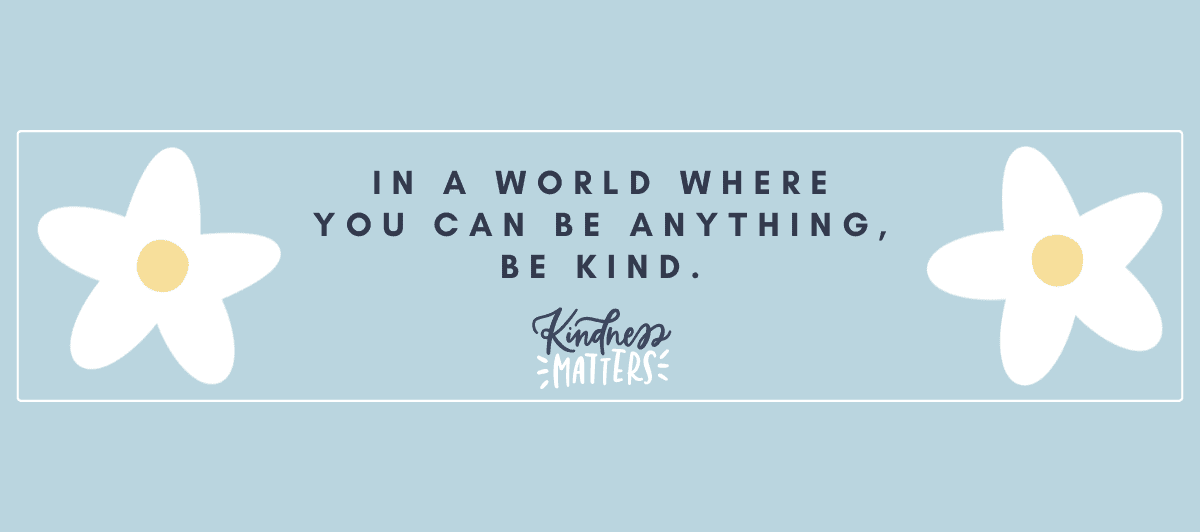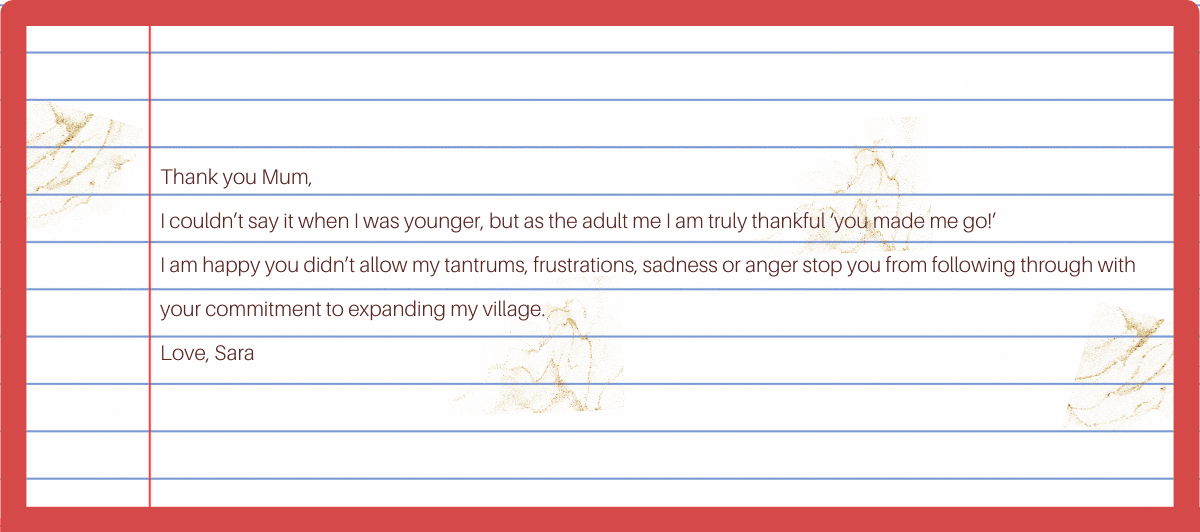
How to Boost a Child’s Confidence
As parents, guardians and educators you want the children in your life to believe in themselves and their abilities no matter what!
So how do we arm children with the ability to bounce back from those negative, disrespectful judgments and opinions that challenge their belief in themselves?
Since we can’t save them from the all the tough moments they will face – the best use of our energy is to give them tools to boost their confidence.
Although they don’t have control over what other’s choose to say, the GOOD NEWS is… they have the final say in what they choose to believe about their body, their talent, their abilities, their life and their UNIQUENESS!
Below is an exercise I used growing up to help strengthen my confidence and self-worth. I use it with my 10 year-old son and thousands of students. It’s called a UPower Thought. UPower is your personal power to choose your actions, reactions and beliefs regardless of the circumstances.
Creating their own UPower Thought is a way to boost their confidence and to talk back to their self-defeating thoughts. They will hear their voice many more times than they will ever hear anyone else’s.
- On a piece of paper have them write the hurtful or disrespectful word(s) they have heard.
- Rip up that piece of paper while saying the words ‘I choose to let go.’
- Then take a new piece of paper and write the words: ‘I choose to believe I am…’ (they will fill in the rest with what it is they actually want to believe about themselves regardless of the negative comment/judgment).
Some examples:
‘I choose to believe I am enough.’
‘I choose to believe I am amazing just the way I am.’
‘I choose to believe I am someone who makes a difference in the world.’
‘I choose to believe I am courageous and kind.’
- Have them take a few minutes each day repeating their UPower Thought to themselves. The more kids hear their own voice saying encouraging words, the more their confidence and self-worth will shine!
When you encourage kids to practice creating their UPower Thought, they will start to see themselves differently. They will learn that what they to say to themselves is in their control and what they choose to tell themselves matters.
Until next time…


